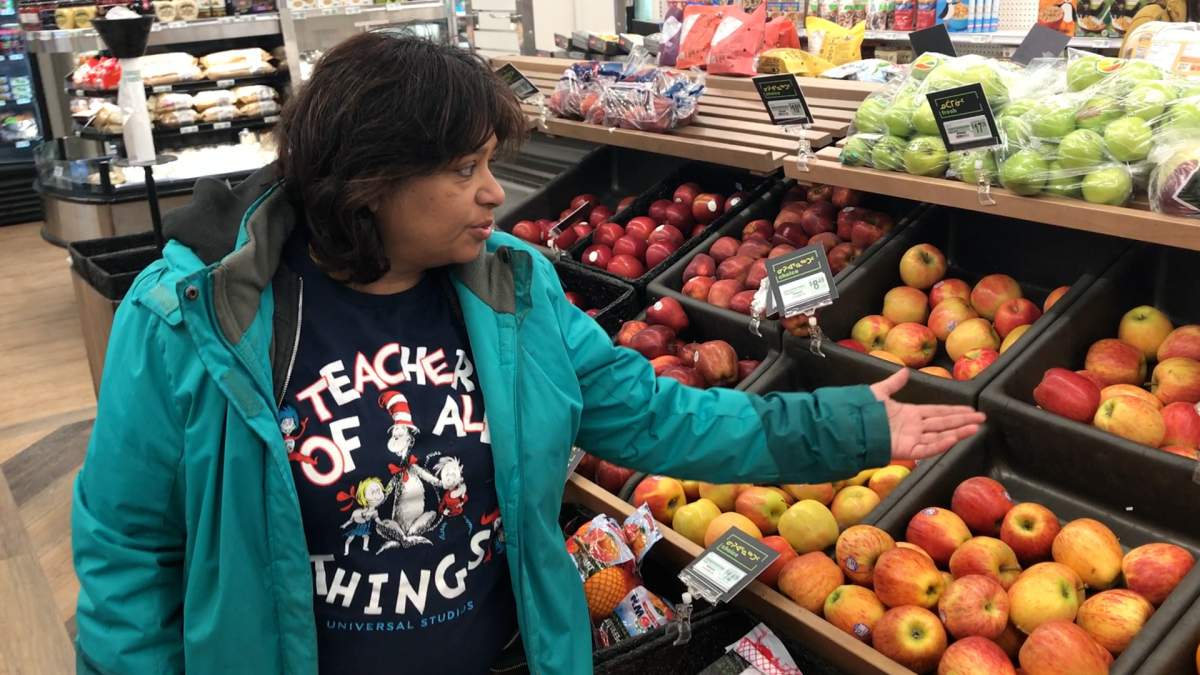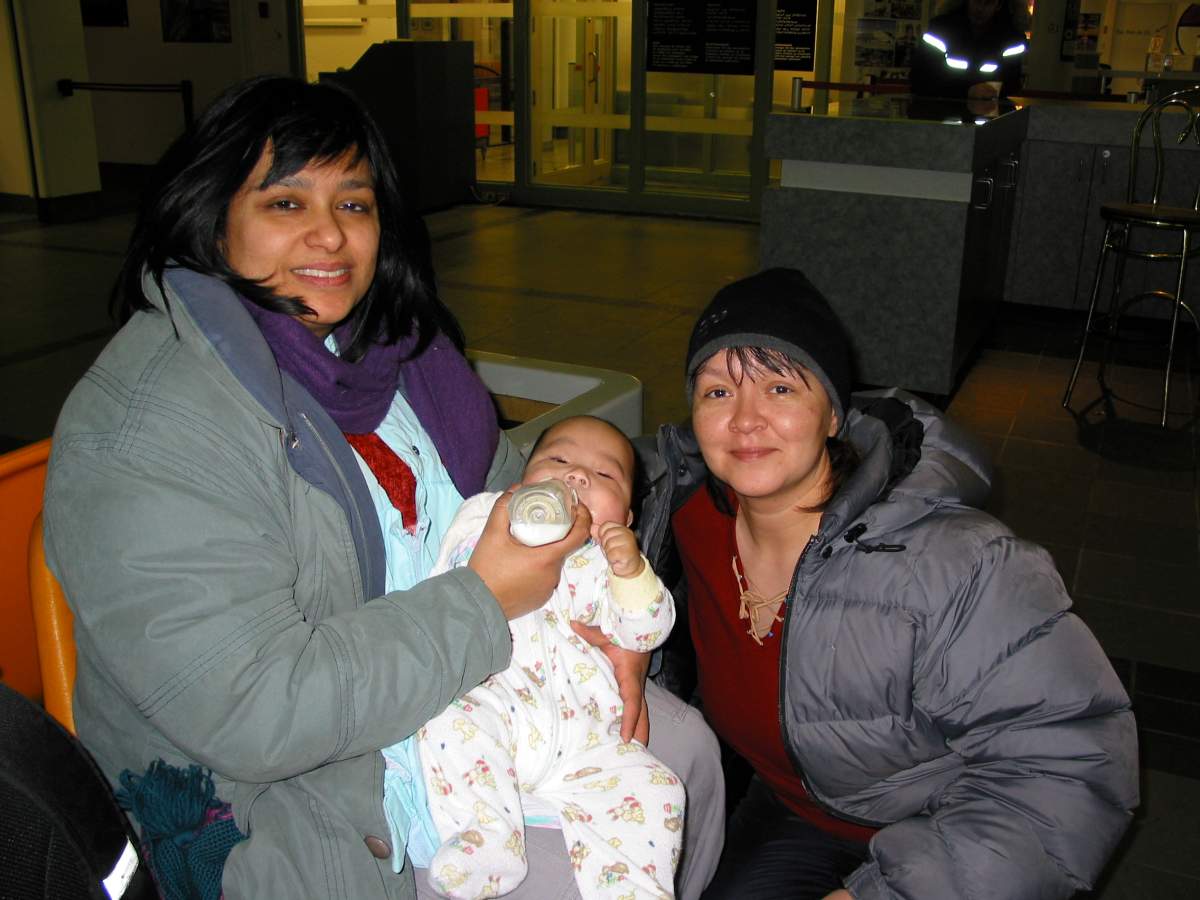A prominent Canadian pediatrician warns a “food security crisis” is affecting the physical and mental development of Indigenous children, compounded by record-high grocery prices in Canada’s North.

High inflation has sent food prices soaring across the country, but nowhere more than in Canada’s northernmost communities, which are often inaccessible by road and where grocery prices were already two to three times higher than the rest of the country.
“It’s at a crisis level,” said Dr. Anna Banerji. “Indigenous children in these communities do not have enough food to eat.”
Banerji, a pediatric infectious disease specialist at the Dalla Lana School of Public Health in Toronto, published a paper in the PLOS Global Public Health Journal highlighting the consequences of food insecurity for First Nations, Metis and Inuit children.
“The cost of food is so high in these communities and the income is relatively quite low,” Banerji told Global News.
“What ends up happening is that people buy junk food, pop, things that can be easily transferred in and things that are not perishable. And so what happens is you have severe malnutrition in some of these communities.”
The research in Banerji’s paper found malnourished Inuit children in Nunavik, in northern Quebec, were an average of 2 cm shorter than other “food secure” Canadian children. Micronutrient deficiencies also caused lower cognitive development and behavioural problems in children.
“For us to have children in this country who are stunted and other children who don’t eat the whole day because they can’t afford the food, it’s not acceptable, really, in a country as rich as Canada,” Banerji told Global News.

Banerji is a familiar face for many Canadians as a result of her regular media appearances and interviews during the COVID-19 pandemic, when she provided medical guidance for parents and children.
The Toronto physician’s personal connection to the North is lesser-known, and is both deeply personal and painful. Banerji started working in Nunavut in 1995, when she was researching lung infections in babies. She quickly fell in love with its breathtaking landscapes and the warmth and generosity of its residents.

Get daily National news
Banerji has since travelled to the Arctic more than 50 times, conducting research and running pediatric clinics.
In 2004, Banerji received a call from a Nunavut foster family asking if she would adopt a newborn baby — the birth mother had requested the infant be adopted outside of the territory. Banerji agreed, adopting four-month-old Nathan Banerji-Kearney.
Nathan spent most of his life in Toronto, but he and Banerji often visited Nunavut and maintained close ties with his biological family and his birth community of Clyde River, a remote Inuit hamlet located on the shore of Baffin Island’s Patricia Bay.
Nathan became close with his eight siblings in Clyde River, including his older brother Cory. But in 2014, when Nathan was 10 years old, Cory died by suicide. Banerji said Nathan then began to struggle with depression. A few weeks after Nathan’s 14th birthday, in 2018, he also died by suicide.
“He was just a wonderful kid,” Banerji said. “I’m still struggling with that.”
To mark the fifth anniversary of Nathan’s death, Banerji recently travelled to Clyde River to visit his family. She planned to interview them for a documentary she’s producing on Nathan’s story and the high rates of suicide among Inuit youth.
While reeling from the loss of Nathan and Cory, Banerji also found the recent inflationary crisis had pushed the family to the point where they could no longer afford enough food.
“I know what it’s like. We’ve been hungry,” said Nathan’s former foster mother, Monica Nuqingaq, wiping tears from her eyes. She’s a widow who shares a home with her three adult children and four grandchildren.
“I don’t know how other families get through it, especially for the smaller communities and single parents. It’s really hard,” she said.
Nuqingaq took Banerji to visit their local Clyde River grocery store and pointed to a single can of chicken noodle soup on-sale for $11.49 —10 times the price in Toronto.
Banerji is calling for a national strategy to address food insecurity in the north.
“We’ve got children who are starving in this country, how is that reconciliation? We have to get beyond the words. We have to get beyond the rhetoric and make some real substantial changes.”








Comments